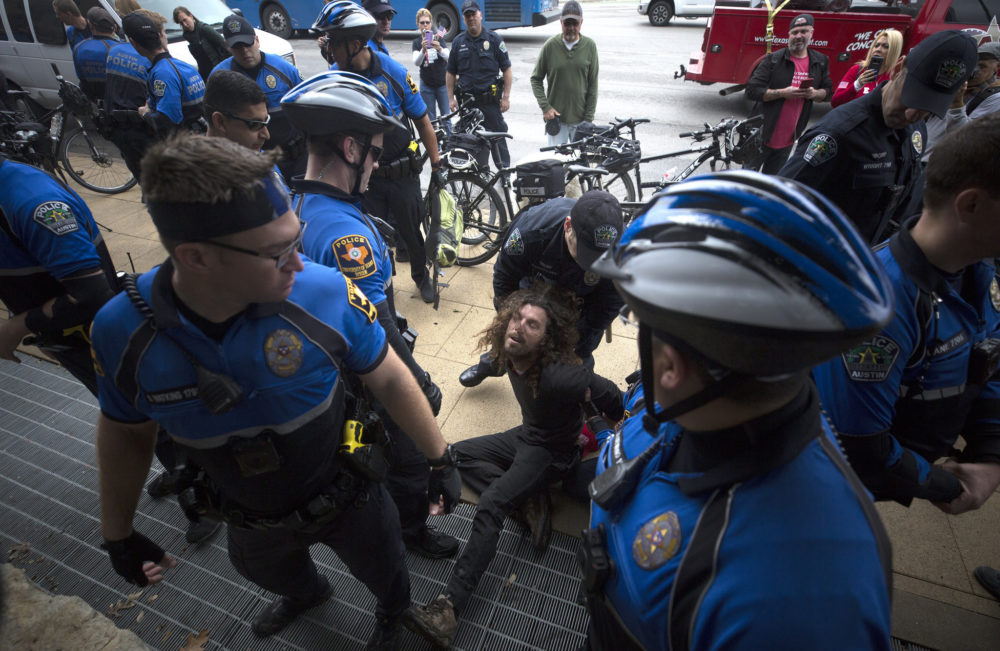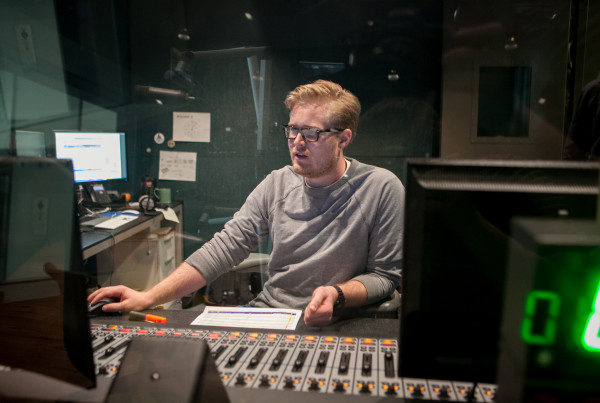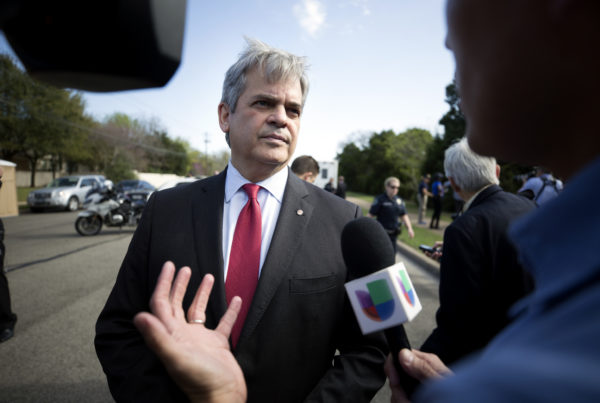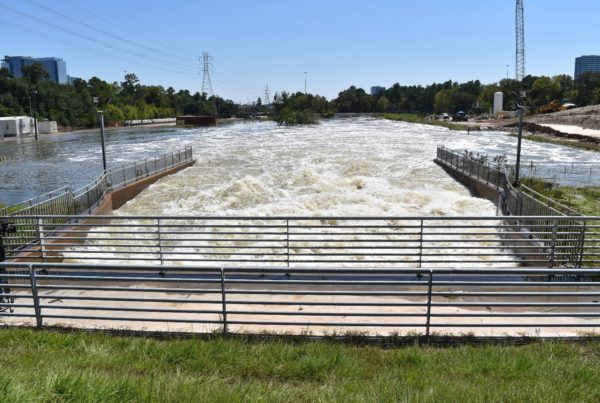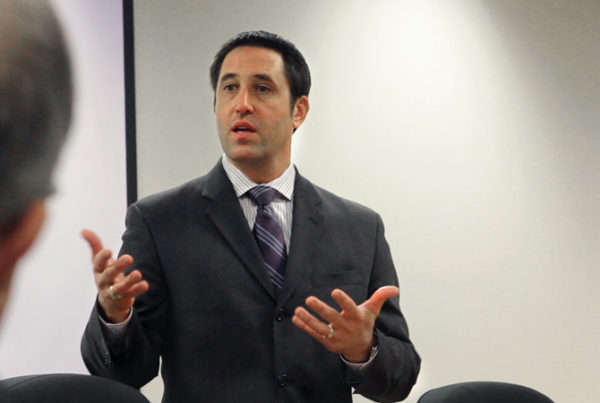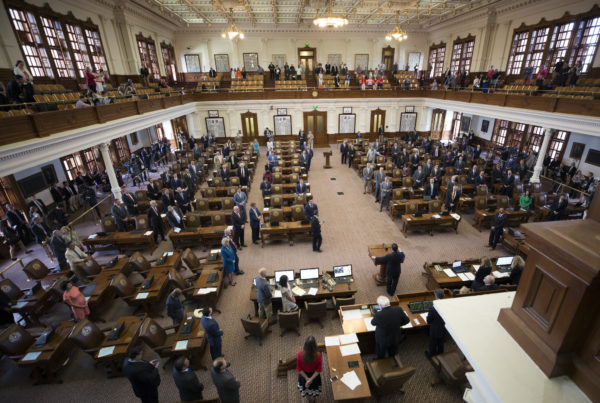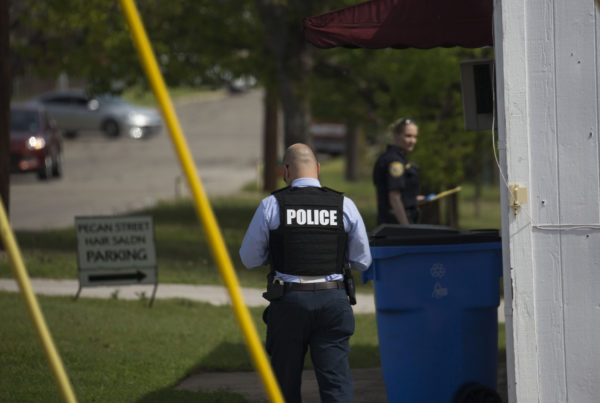The Standard’s news roundup gives you a quick hit of interesting, sometimes irreverent, and breaking news stories from all over the state.
Earlier this week, Texas Attorney General Ken Paxton issued two opinions on who can access to police body camera footage, and when.
One tackles a question from the Dallas Country District Attorney’s Office. In September 2017, the Dallas DA asked Paxton about a discrepancy it discovered among regional police departments.
Michael Barajas has been covering the story for the Texas Observer.
“Some departments had been interpreting the law to say that, say after a police encounter, they were able to review their own body camera footage before making a statement,” Barajas says. “What the Dallas Country District Attorney’s Office discovered was that the Dallas Police Department policy was to allow those individual officers before giving a statement to review all body camera footage.”
That means if an officer was involved in a shooting, they could review any and all body camera footage of the incident before making an official statement.
And Paxton’s opinion says officers have a right to do that.
The second opinion, a response to questions from State Sen. Eddie Lucio Jr., discusses when members of the public can access footage.
Per Barajas, Paxton’s opinion says it’s acceptable for law enforcement agencies “to withhold that from the public if it’s going to interfere with the detection, investigation or prosecution of a crime.”
Barajas says civil rights attorneys tell him these opinions send a clear message. “The only people who have unrestricted access to police body camera footage is police themselves, and not the public,” he says.
Nancy LaVigne says that the Texas Attorney General’s stance isn’t unusual.
LaVigne, vice president of justice policy at the Urban Institute in Washington D.C., says her team reviewed all state laws that apply to body cameras and how footage can be shared.
She says they went looking for laws that “exempt police from public records requests, which means they don’t have to share the data if they don’t want to. And we went through all 50 states, lo and behold, every single one of them had some kind of exemption or loophole.”
LaVigne has a suggested change for police departments when it comes to officers reviewing body camera footage before making a statement: “Ask the officer to make a statement. Then allow the officer to view the footage, and then ask the officer to make a second statement – so at least you have the record both ways.”
Though Paxton’s opinions on body cameras aren’t legally binding, government agencies often use them to interpret state law.
The Astrodome will be open to the public one last time before it undergoes construction later this year. People can visit the dome on April 9 for what’s being called a “Dome-coming.”
Phoebe Tudor chairs the non-profit Astrodome Conservancy, the group hosting the party. “The Astrodome is still very much as it was,” she says. “A lot of seats have been removed and sold off several years ago, but you still get the sense of wonder when you walk into that big space.”
She says as many as 25,000 people are expected.


